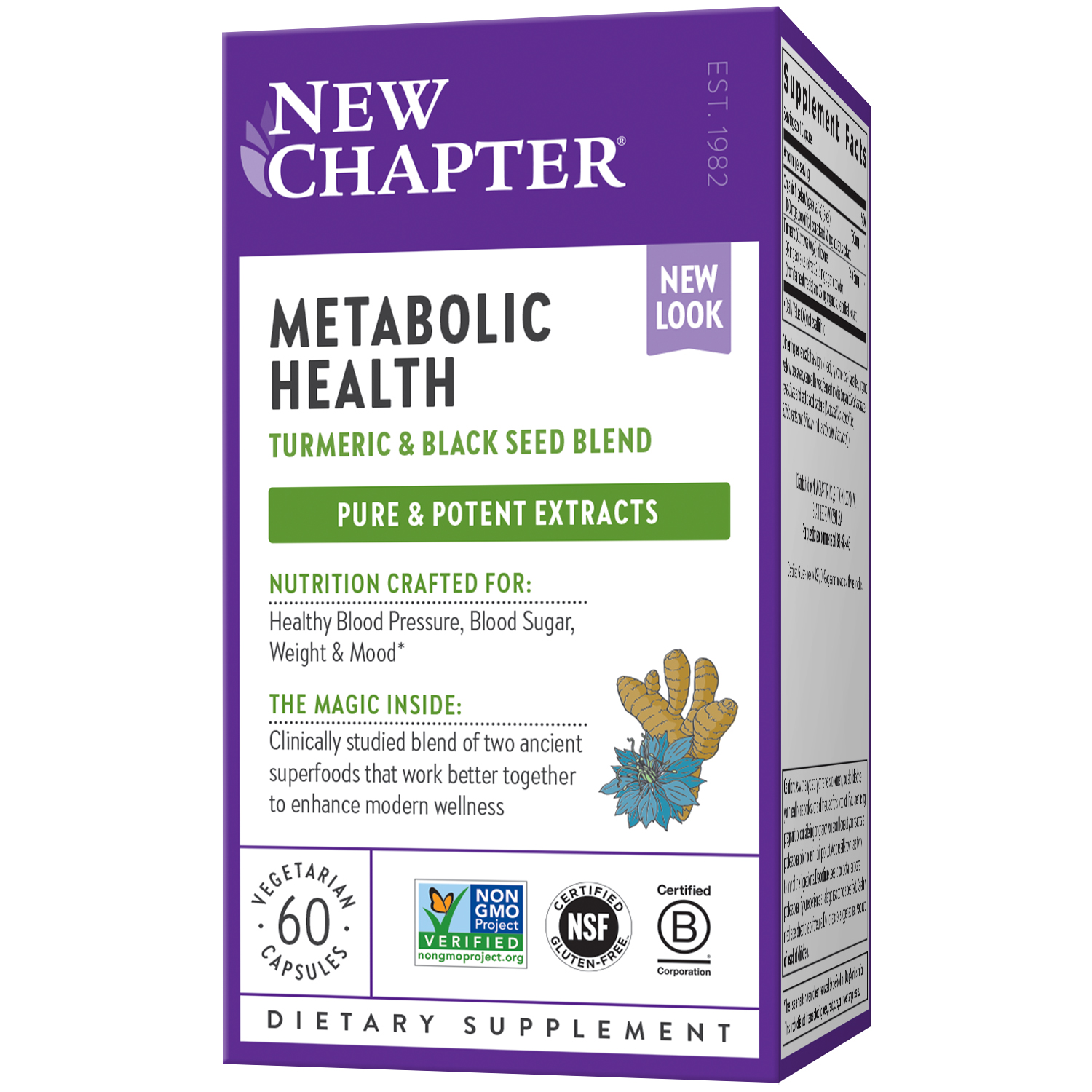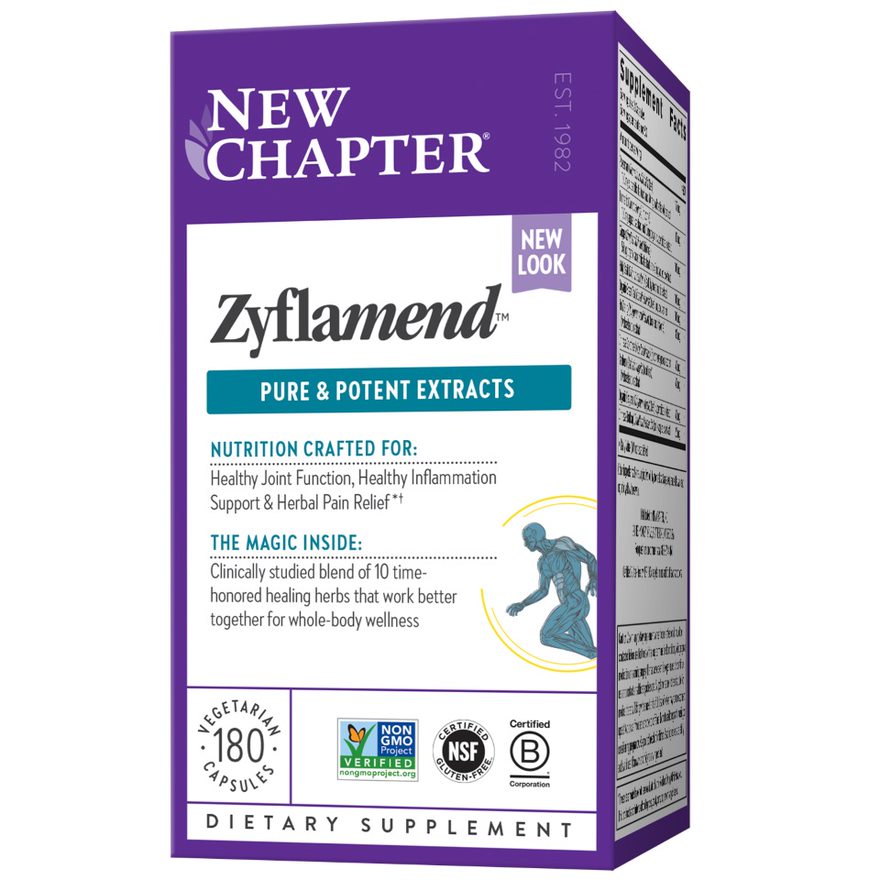Acetyl-L-carnitine plays a key role in maintaining normal brain and nerve function during aging, as many welldesigned
human and animal studies have shown consistently. Acetyl-L-carnitine is a naturally occurring
metabolite of L carnitine, and both are present in the diet, particularly in foods of animal origin.
In most tissues of the body, both L-carnitine and acetyl-L carnitine are involved in fatty acid oxidation. They are
part of the so-called carnitine shuttle. L-carnitine shuttles fatty acids from the cytosol (the cell fluid) into the
mitochondria (the cell’s powerhouses) for oxidation and energy production. The main end products of fatty
acid oxidation are energy (in the form of NADH), and acetyl groups. Most of these acetyl groups are further
oxidized in the mitochondria’s Krebs cycle, but some are needed in the cytosol for producing other important
metabolites. Acetyl-L-carnitine provides a way to carry these acetyl groups through the mitochondrial
membranes back out into the cytosol.
In brain and other nerve tissues, this acetyl group export by acetyl-L-carnitine out of the mitochondria into the
cytosol is important in maintaining normal levels of acetyl groups for the production of acetylcholine and other
acetylated neurotransmitters, that are so crucial for normal brain and nerve function. The enzyme that makes
acetylcholine from acetyl groups and choline is the choline acetyl transferase. The activity of this important
enzyme has a tendency to decline with age, causing low acetylcholine levels which in turn are thought to
contribute to the impairment of brain function that is associated with aging.
Besides maintaining normal acetylcholine levels, several studies indicate other neuroprotective benefits of
acetyl-L-carnitine, which may be due to at least three modes of action. First, acetyl-L-carnitine has been
shown to maintain cellular membrane stability, and to restore age-related membranal changes. Acetyl-Lcarnitine
can also act as an antioxidant, scavenging harmful superoxide radicals. Since superoxide can
damage membrane lipids, this may explain acetyl-L-carnitine’s membrane protective properties. Second,
animal studies indicate that acetyl-L-carnitine preserves normal levels of nerve growth factor in brain tissue
during aging. Third, human studies indicate that acetyl-L-carnitine increases cerebral blood flow.
In summary, acetyl-L-carnitine is a naturally occurring compound that supports normal brain and nerve function
during aging through various mechanisms. These include its actions on acetylcholine synthesis, membrane
stability, nerve growth factor production, and cerebral blood flow.
Acetyl-L-carnitine capsules may be a useful nutritional adjunct for individuals who wish to support the body’s
nervous system and brain function.

* These statements have not been evaluated by the Food and Drug Administration. This product is not intended to diagnose, treat, cure, or prevent any disease.
This product was added to our catalog on Thursday 05 June, 2014.





